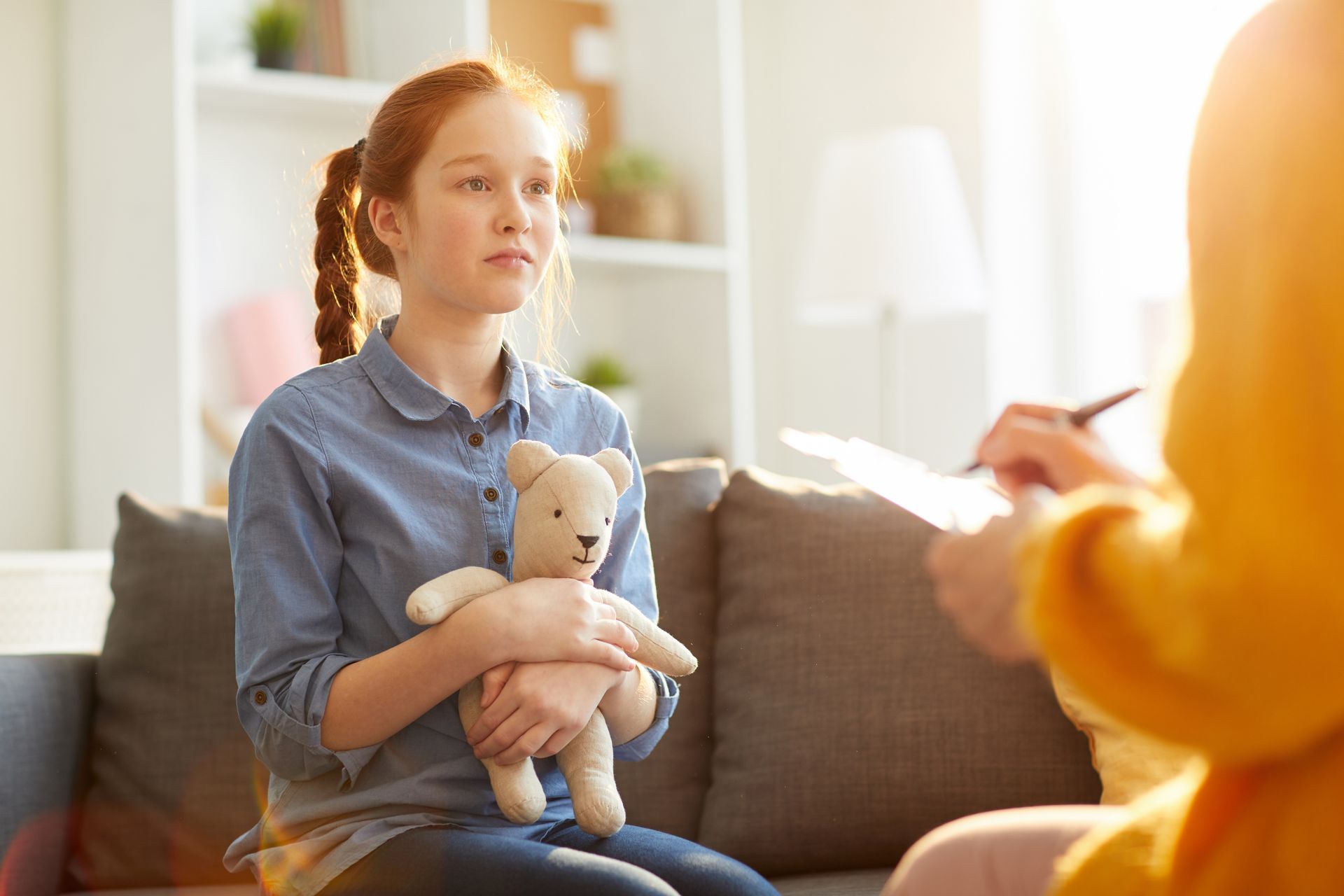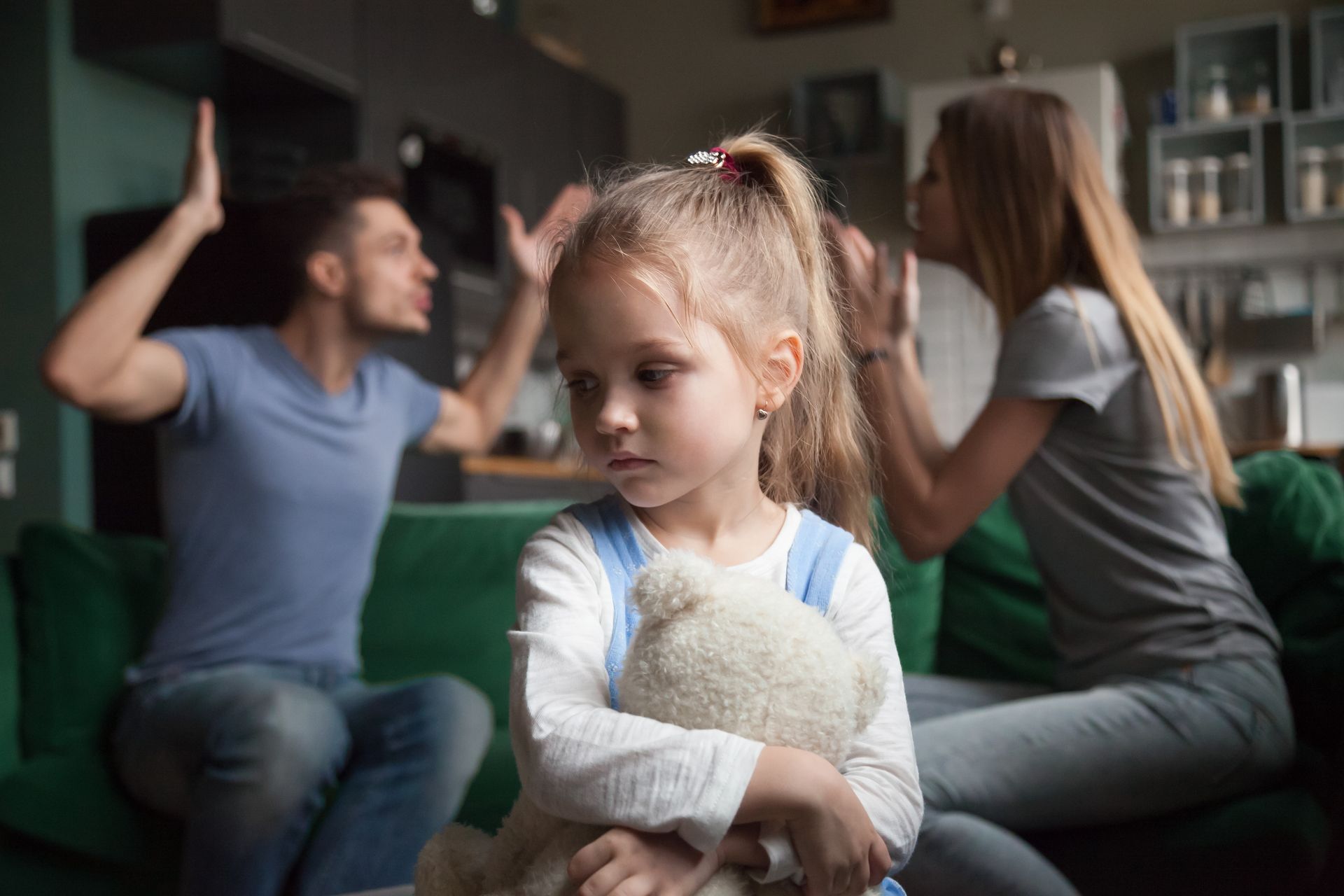How to Support Anxious Children During Major Life Changes
Major life changes, like moving homes or going through a family divorce, are inevitable, but they’re not easy—especially for children.
They can’t fully grasp the situation in the grand scheme of things, thus, it can get particularly difficult and overwhelming. It may cause a sense of stress that can lead to heightened anxiety and more emotional symptoms.
As a parent, you might wonder how to support your child during these transitions. How can you help them cope?
Here are some empathetic approaches and strategies to help you guide your children through them.
How to spot anxiety: what should you look out for?
Anxiety in people manifests in different ways. Children also show it differently compared to adults, often due to their developmental stage and emotional processing capabilities. Some signs, however, are easier to spot than others. Some include:
- Emotional shifts or expression: Children may express their anxiety through crying, throwing tantrums, or being overly clingy to their caregivers. Very young children or infants may not be able to express it through words, so their anxiety will manifest through their actions.
- Behavioral changes: Anxiety in children can lead to hesitance or avoidance of certain (especially usual/daily) activities. They may also have difficulty concentrating or sleeping.
Fear of specific situations:
When you’re going through life changes,
children may show extreme fear of shifting to their new lifestyles. For instance, they might fear going to a new school or experiencing different social settings.
Keep your routine similar and consistent
During major life changes, having a consistent routine can bring an incredible sense of comfort and stability to children. If possible, try doing what you have already been doing for the past years. If you recently moved cities or homes, keep your mealtimes the same. You can also serve them their favorite food more often.
If you’re anticipating jetlag upon your move, adjust their schedules before you travel. If you’re going through a divorce, spend quality time with them through the activities they like doing. Work with your ex-partner to co-parent efficiently, if applicable. Even the small consistencies can build a sense of normalcy for them.
Always encourage open, safe spaces of communication
Creating a holistic environment where your child feels safe and open to express themselves makes a huge difference. Young children may not be able to fully grasp the situation but still allow them to show you their fears and concerns.
Let them know that it’s okay to feel sad, angry, confused, and even nervous. No matter what emotions they may be showing, make sure to validate them. Listen actively, maintain eye contact, and respond.
Avoid reacting negatively or dismissively to their concerns. Ultimately, this will create an environment where your child feels comfortable approaching you without any issues.
If they are persistent in looking for answers, you can explain the situation to them in an age-appropriate manner. For instance:
- Toddlers (1-3 years): Very simple and short sentences. For example, "We are moving to a new house. It will be fun!". You can also provide more hugs and reassurance.
- Preschoolers (3-5 years): Provide concrete examples such as showing pictures of the new school or house. Answer questions honestly, but simply.
- School-age children (6-12 years): Be more detailed with explanations, yet still appropriate to their understanding. For example, explain why a family member is sick in terms or actions they can grasp.
- Teenagers (13+ years): Be honest and open as this age group can handle more complex information. Treat them with respect and honesty and perhaps involve them in decision-making, when appropriate.
Involve them, if possible
It can help your child immensely if they feel like they have little control over the situation. If you’re moving to a new home, let them choose their room decorations. This might help them feel more motivated and excited. If it’s a divorce, ask them how they want to spend their weekends or time with you and your ex-partner.
Teach them ways of coping
Small techniques like deep breathing and grounding exercises can help them manage their anxiety, especially when you’re not around to help them. You can also enroll them to their summer camp of choice or incorporate regular physical activities. Sports and play are important in reducing stress, and anxiety, and improving their overall mood.
Give them extra TLC
Everyone needs a little bit of assurance and comfort during unsettling times. A little extra love and attention can go a long way. Give them more hugs and cuddles. Spend more time doing things together like going to the playground or baking. Reassuring them with words also matters more than you think—let them know that they are loved and that you are there for them.
FundaMental Change has a wide range of mental health resources for children and support groups.
Take care of yourself!
Children pick up what they see and you deserve to destress, too! To be able to take care of others better, you should always start by taking care of yourself. Take the time to breathe when you need to, exercise, and take a day off. Keep a calm demeanor in front of your child in stressful situations so that they feel more secure. All of this will ensure that you are emotionally available for your family.
Get extra support
If your child’s (or your) anxiety starts to really affect their day-to-day life, it might be time to reach out to a professional. Therapists can offer them professional guidance, assessment, and techniques to help your child cope better. Remember that getting help is a sign of strength, not weakness.
Need More Support? FundaMental Change Is Here For You
Navigating major life changes will never be easy—especially if you have children. But you don’t have to do it alone. FundaMental Change offers a variety of resources designed to support both you and your child through these transitions. From our
blogs to community groups, we’re here to help you and your family find stability and strength.












